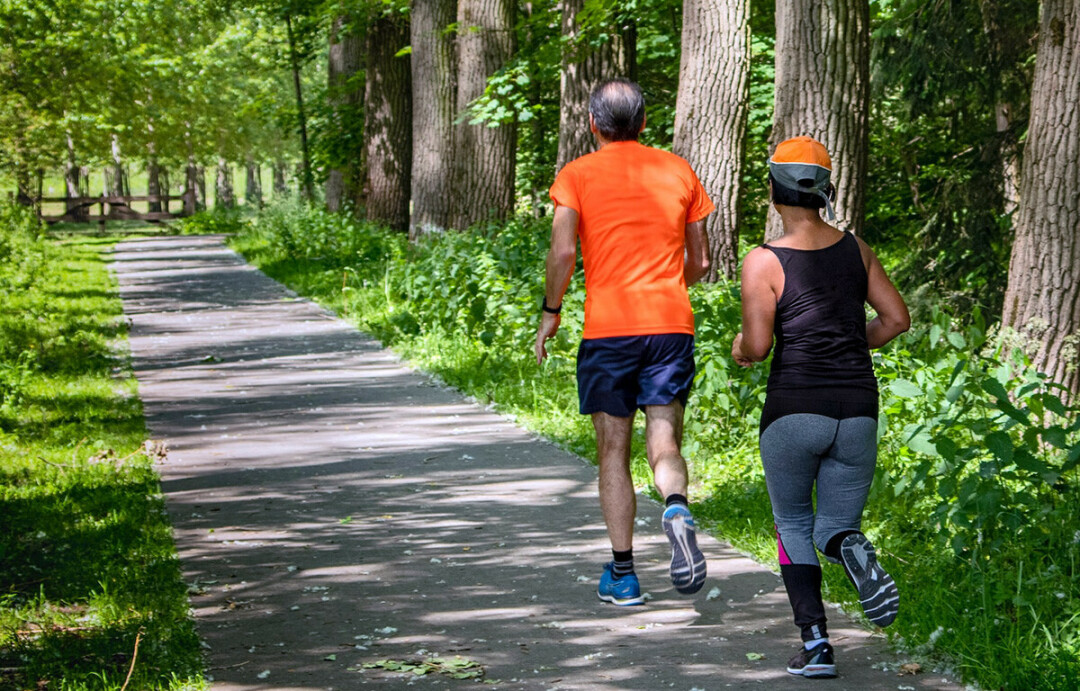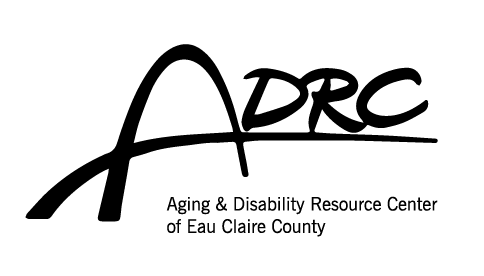Want to Age Well? Start Young
reflections on staying healthy and youthful despite the passage of time

Google the term Active Aging, and you’ll find a ton of stuff.
“Active Aging is the process of optimizing opportunities for health, participation, and security in order to enhance quality of life as people age,” according to the World Health Organization.
The International Council on Active Aging (yes there really is such a group) says Active Aging promotes the vision of all individuals – regardless of age, socioeconomic status, or health – fully engaging in life within all seven dimensions of wellness: emotional, environmental, intellectual/cognitive, physical, professional/vocational, social, and spiritual.
There’s even an Active Aging Week. This year, it’s Oct. 3-9.
Me, I prefer to keep things simple. Like a longtime family friend in his 80s, when asked how he’s doing, he replies with a chuckle: “I’m vertical today, and you?”
“Old age is like everything else. To make a success of it, you’ve got to start young.” –Teddy Roosevelt
So to be successful in aging, what age should you start? Experts say 25. Yup, it’s all downhill after that. That’s when your skin starts to show the signs of aging. By 30, your skin will unveil visible evidence: age spots, blotchiness, dryness, dullness, fine lines, roughness, uneven skin tone, visible pores, and wrinkles.
Ah youth, that time when you know you’ll live forever. And then boom, there comes a time in most everyone’s life when they realize they’re going to die one day … despite the promise of fountain of youth hormones, and cryonics, where doctors freeze human bodies hoping they come back to life later on.
A neighbor of mine had his epiphany when he turned 40. He didn’t like what he saw in the mirror, and promptly got serious about eating healthfully and exercising intentionally. The result: He dropped mega- pounds, and looks and feels 10 years younger. Thus, the distinction between chrono and bio age.
“Age is just a number. It’s totally irrelevant unless, of course, you happen to be a bottle of wine.” –Dame Joan Collins, English actress
“Chronological Age” is the number of years you’ve been alive since birth, while “Biological Age” refers to how old or young you look and feel based on physical characteristics and mental functions. Your biological age is influenced by various factors. Genetics plays a significant role. Other factors include diet and nutrition and physical activity. And with regards to how you look and feel and death, crap happens.
My epiphany regarding life and death happened in my early 20s shortly after I started my first job in Chicago. I was dating a Lutheran minister, the older brother of a cherished childhood friend. His church was in Wicker Park, a gentrifying neighborhood much like East Lakeview, where I lived near the lakefront at Belmont and Broadway. On a date, we went to Saint Joseph Hospital at Diversey and Lake Shore Drive to visit some members of his congregation who had been hospitalized unexpectedly. They were young men who had lost weight quickly. Some had purplish spots on their skin. While he administered olive oil or holy water from vials in a small wooden box, at his direction, I would hold their hand or gently stroke their forearm. Four of my friends died from this insidious disease called HIV/AIDs: two male hair stylists, a guy neighbor, and a fellow female Badger. This was serious crapola happening here, and I lived it.
Later, in my early 30s, I was in Eau Claire for family care-giving. My dad had just endured his nth colon cancer surgery. His first was when I was 10. Now dad delighted in sharing he no longer had a butthole; it was sewn up. In its place, he proudly sported a colostomy bag attached to a stoma in his belly. And if that bag burst, yours truly would be called upon to clean everything up. Care-giving fun? NOT!
Enter genetics. You can’t control that. Due to a family history of colon cancer, I now would be getting that enviable colonoscopy procedure every five years rather than every 10 years like the general population.
While home, I happened to catch an article about skin cancer with very graphic photos in the Star Tribune. Gee, I had a mole on my upper lip that looked exactly like one photo. So I got into to see Dr. Caryn Schulz, a dermatologist and fellow Old Abe. She took a biopsy, and by the time I got back to Chicago, she was frantically trying to track me down to let me know I had basal cell carcinoma, which needed to be treated ASAP. Which I did. And going forward, I changed my sun worshiping lifestyle.
Enter behaviors. Can control that. But wait a minute, I grew up playing in the sun and water on the shores of Lake Altoona for the first 10 years of my life. For all intents and purposes, I was that little blonde-haired pig-tailed girl in the Coppertone ads that said “Don’t be a Paleface,” and “TAN don’t burn use COPPERTONE.” Now, when out in the sun doing anything, I would slather my face with zinc oxide and when SPF creams became available, choose SPF 30 or 50 or higher. Sunhats: YES! Tanning booths: NO!
Active Aging, you bet. My story is to be continued, as there’s more to tell. For now, I’ll share the lovely Lucille Ball’s advice:
“The secret of staying young is to live honestly, eat slowly, and lie about your age.”
Stay tuned for part two of Volume One contributor Barbara Arnold’s reflections on active aging.


